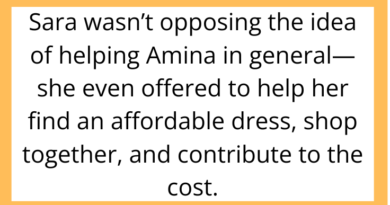Am I the Jerk for Skipping My Sister’s Wedding to Avoid My Bullying Cousin?
Weddings are supposed to bring families together—but what happens when a family event means facing someone who’s been a source of pain for years? That’s exactly what one Reddit user faced when they made the controversial decision to skip their sister’s wedding, simply because one specific guest was invited: a cousin who used to bully them relentlessly.
This AITAH story explores the boundaries of family loyalty, trauma, and whether choosing your peace makes you the bad guy.
The Background: Years of Bullying, Never Addressed
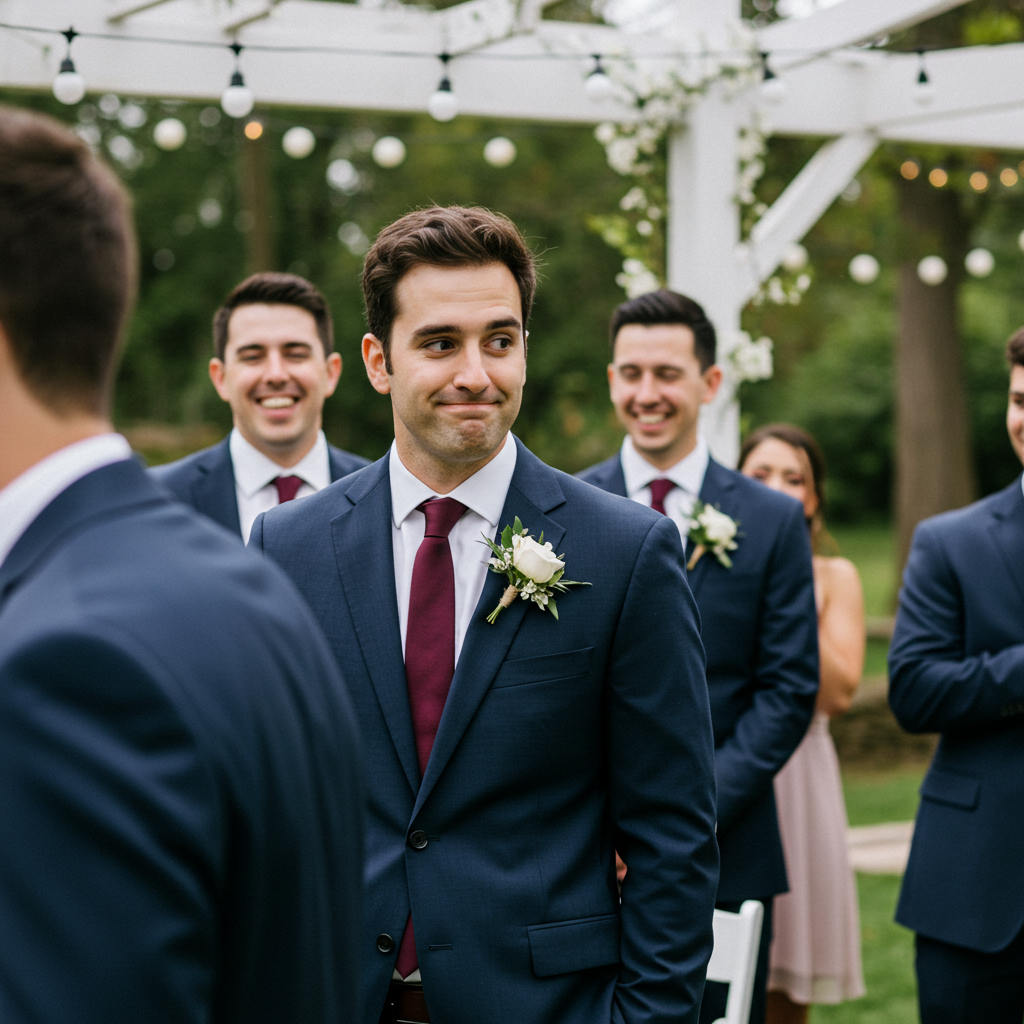
The Original Poster (OP) explained that during childhood and adolescence, they were repeatedly bullied by a cousin who was older, more popular, and constantly made them feel inferior. It wasn’t just light teasing—it was emotional and verbal abuse that left a lasting impact on OP’s self-esteem.
Despite raising concerns with adults at the time, nothing was ever done. The cousin was brushed off as “just being a kid” or “having a rough home life.” As the years passed, the cousin never apologized or acknowledged the harm.
Fast-forward to adulthood: OP and their sister remained close, but when wedding invitations were sent out, OP noticed that this cousin was not only invited—but was part of the wedding party.
Feeling overwhelmed, OP told their sister they wouldn’t be attending the wedding. They didn’t want to fake smiles and make nice with someone who had caused them so much harm. Their sister was furious, calling OP selfish and immature. Now OP is left wondering: Am I the jerk for skipping my sister’s big day to protect my mental health?
When the Past Still Hurts: Trauma Doesn’t Expire
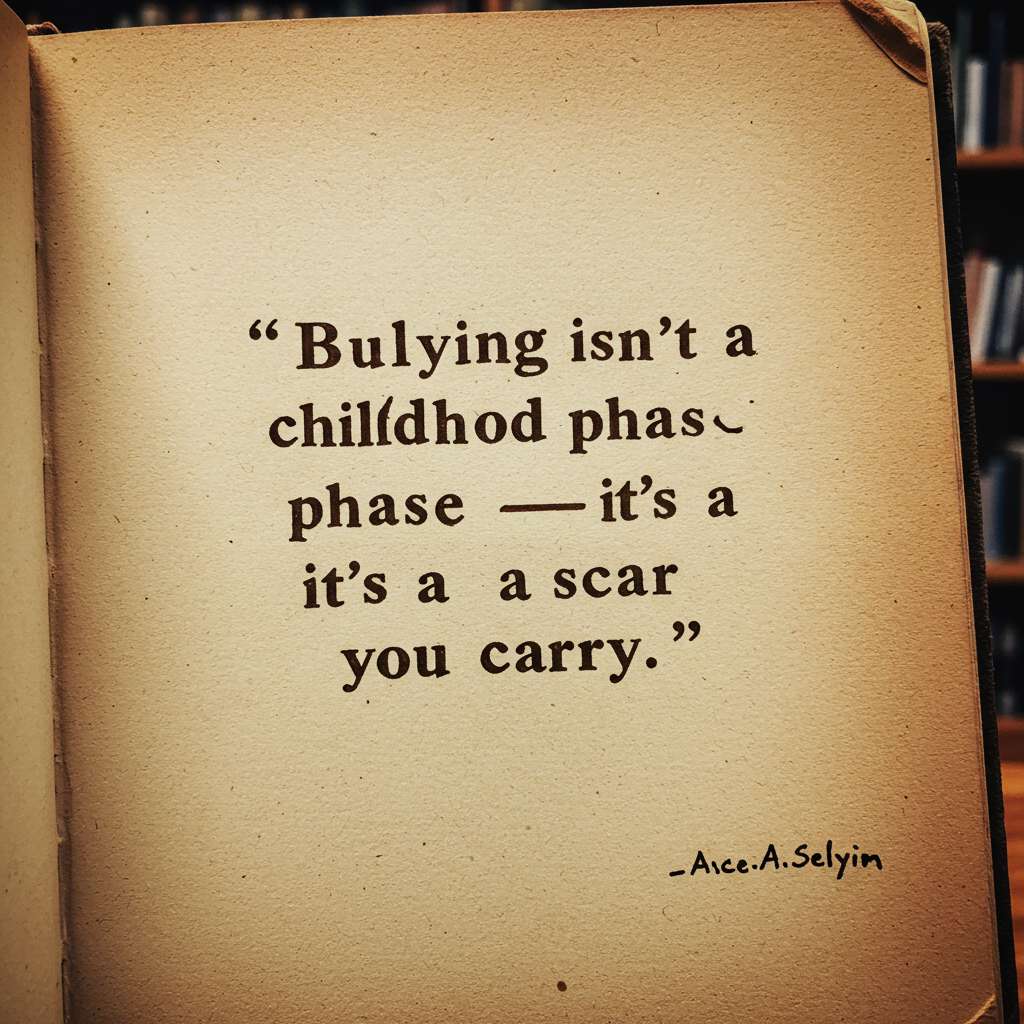
Childhood Bullying Can Leave Deep Scars
Bullying isn’t something you “just get over” once high school ends. Many people carry the emotional wounds for years—especially when those experiences were invalidated by family or authority figures.
For OP, the trauma was unresolved. Being forced to be in the same room—let alone celebration—as their bully would have reopened old wounds. The fact that the cousin never took accountability made it even worse.
Reddit users were quick to point out that emotional safety should never be sacrificed for the sake of appearances.
Family Doesn’t Mean Automatic Forgiveness
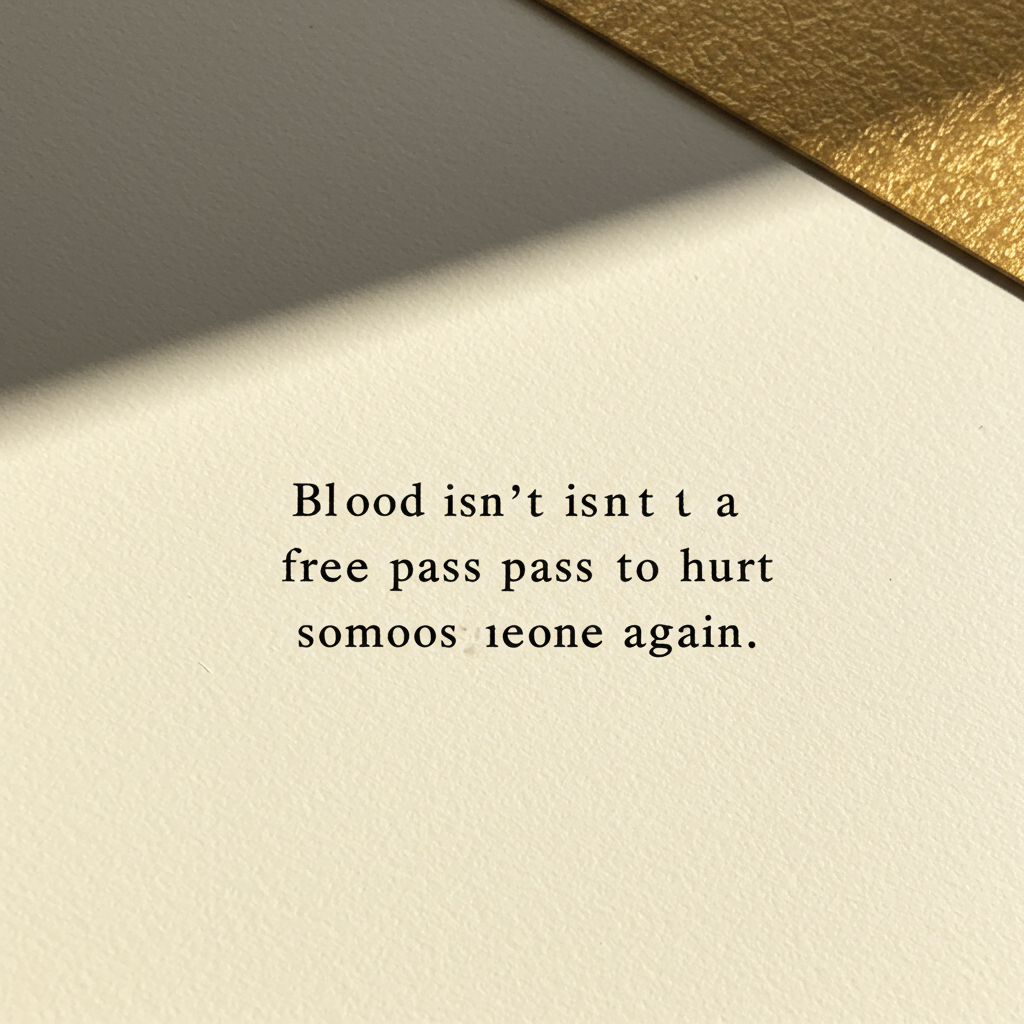
There’s a common narrative that because someone is “family,” you should forgive and forget. But that mindset often leads to emotional invalidation.
In OP’s case, the cousin remained unapologetic, and no efforts were made to mend the relationship. Forgiveness can only come when healing is prioritized—and sometimes that means walking away.
Wedding Etiquette vs. Personal Boundaries
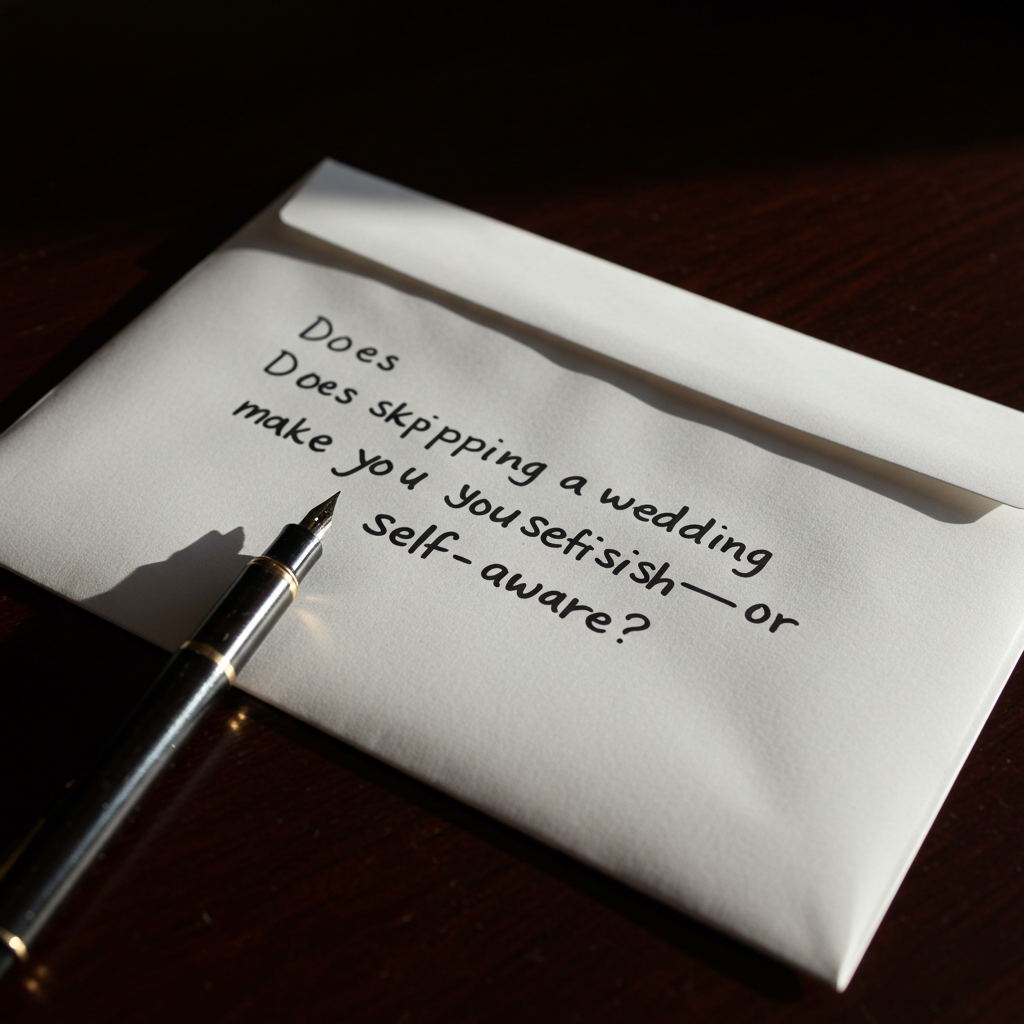
Does Skipping a Wedding Make You Selfish?
Weddings are significant life moments, and being absent from one—especially as a sibling—can seem like a betrayal. But when attendance means sacrificing your peace, the line between etiquette and self-preservation gets blurry.
Many Redditors empathized with OP, stating that no one should be expected to suffer silently just to fulfill a social obligation.
If a bride or groom knowingly invites someone who makes another family member feel unsafe, they need to accept that not everyone will be comfortable attending.
Could OP Have Handled It Differently?

Some commenters asked whether OP could have at least shown up for the ceremony, then quietly left before the reception. Others wondered if a candid conversation with the cousin could have helped ease the tension.
While these suggestions are valid, they also place the burden of resolution on the person who was hurt—not the one who caused the harm.
Ultimately, OP made a decision that prioritized mental health, even if it came with emotional consequences.
The Sister’s Perspective: Betrayal or Misunderstanding?
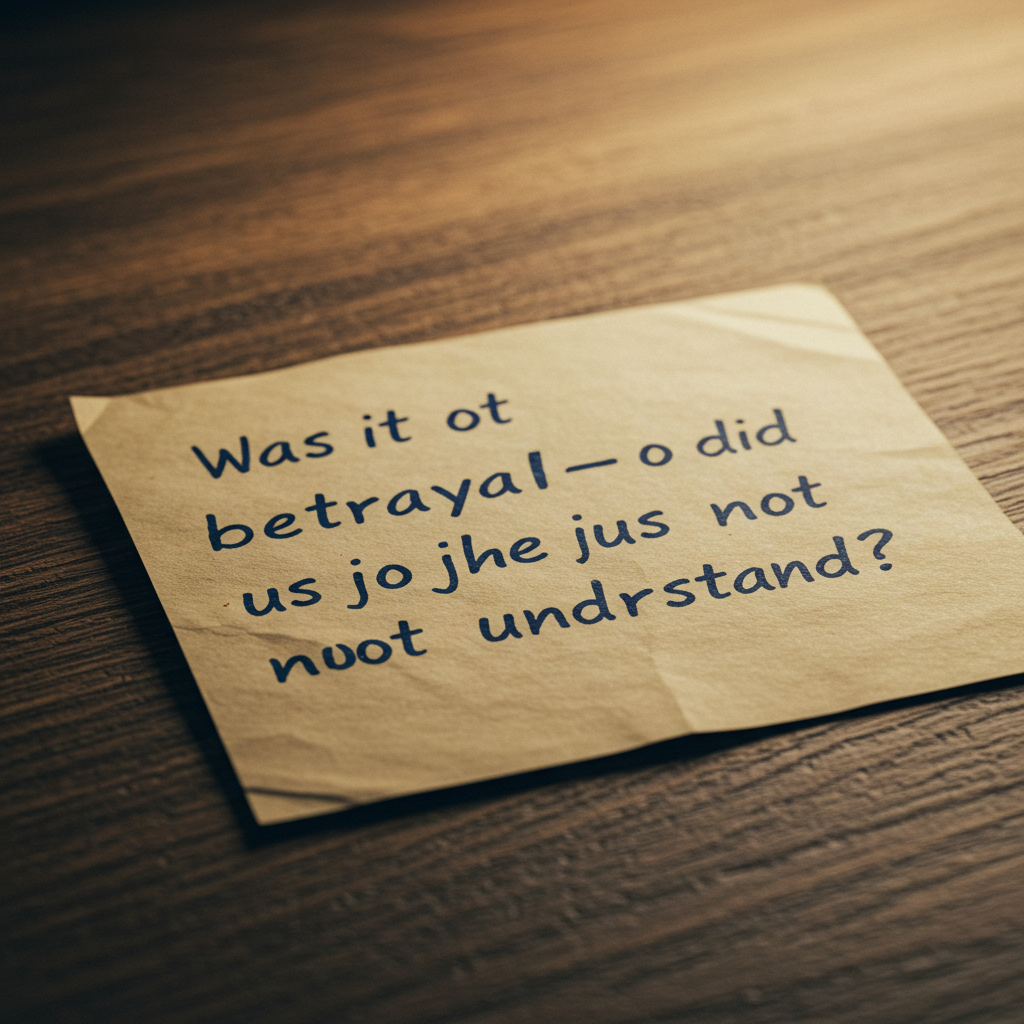
A Wedding is a Stressful Time for Everyone
From the sister’s point of view, OP’s absence might have felt like a slap in the face. Weddings involve months (or years) of planning, and most couples dream of having all loved ones by their side.
She may have seen OP’s choice as an act of drama or attention-seeking rather than a necessary boundary.
However, communication could have made a difference here. If OP had shared the depth of their trauma and how being near the cousin triggered panic and distress, perhaps the sister would have been more understanding.
The Real Question: Why Invite the Bully at All?
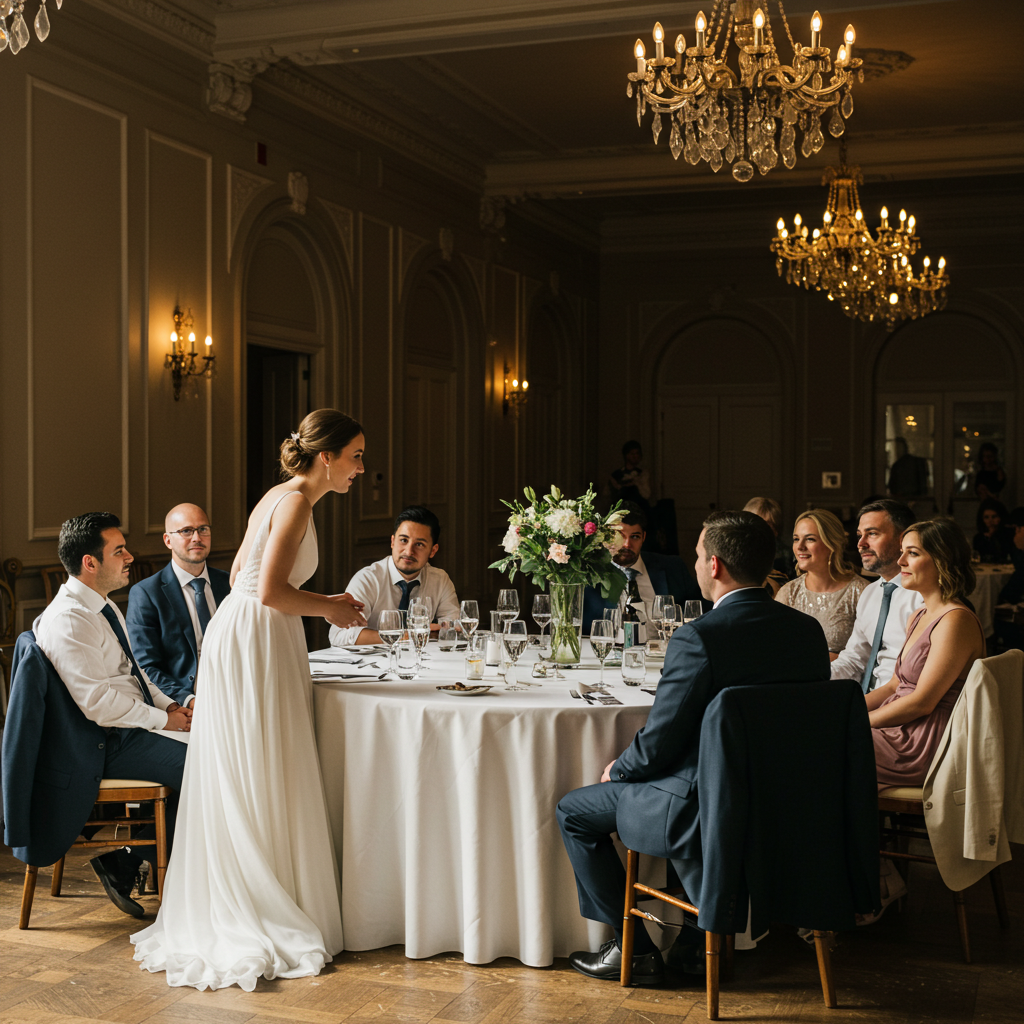
One of the more controversial aspects of the post is the fact that the cousin wasn’t just invited—they were part of the wedding party. That level of inclusion suggests a close relationship, which may have felt like a betrayal to OP.
If the sister knew the history between them and still chose to elevate the cousin’s role, it’s fair for OP to question where they stand in her priorities.
What the AITAH Community Decided

The Reddit consensus was strongly in favor of OP: Not the jerk.
Here are some key comments that stood out:
“Your sister made her choice by including someone who caused you real harm. You made yours by protecting yourself.”
“This wasn’t about a missed party—it was about being asked to pretend that your pain never happened.”
“Family or not, no one is owed your presence when your well-being is at stake.”
Redditors acknowledged that weddings are important, but so is mental health. Choosing to avoid trauma isn’t selfish—it’s responsible.
Final Takeaway: Protecting Your Peace Isn’t Cruel—It’s Courageous
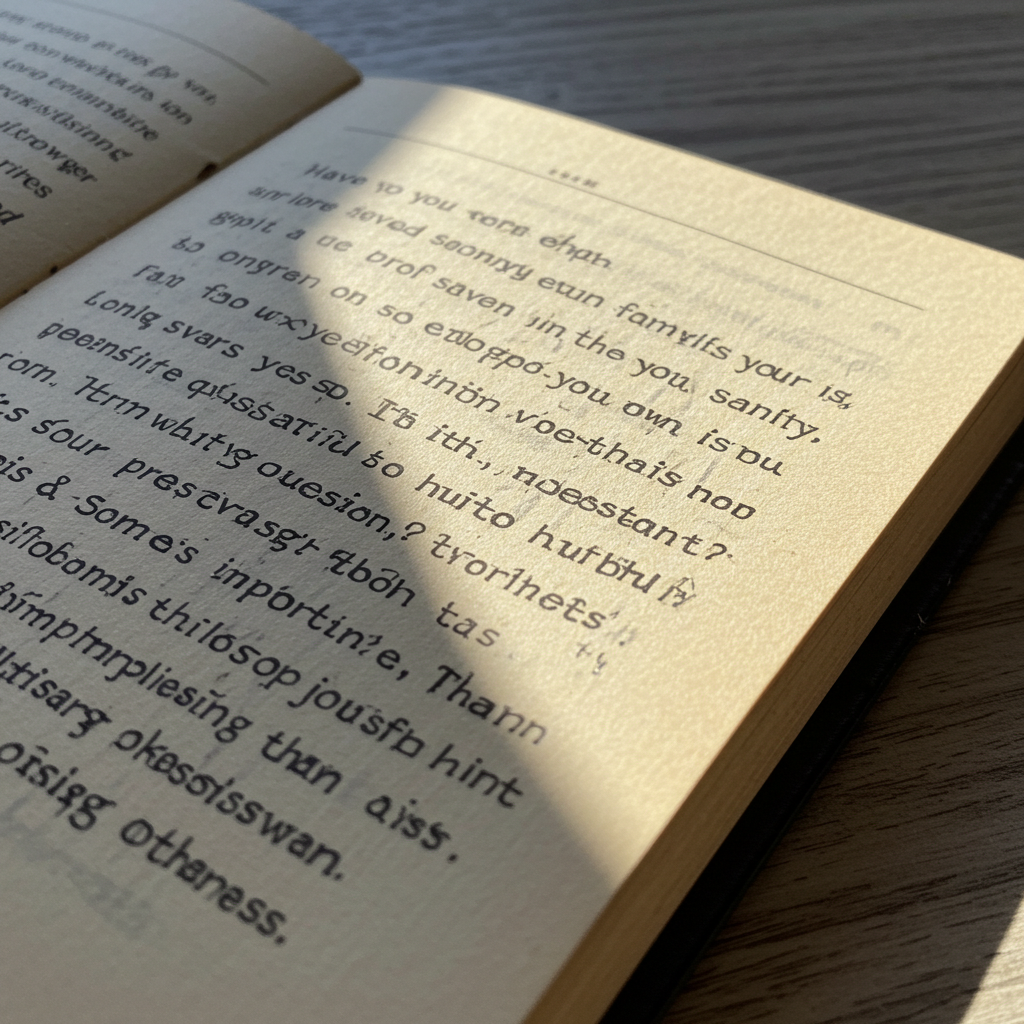
There’s nothing easy about saying no to a family event, especially something as sentimental as a wedding. But emotional well-being doesn’t have a pause button. If being around certain people reopens painful wounds, you have every right to draw a boundary.
In OP’s case, they chose healing over appearance—and that’s something we should all learn to respect.
Whether it’s a cousin who bullied you, a toxic parent, or an unresolved conflict, showing up for yourself isn’t an act of rebellion. It’s an act of love—for the version of you that didn’t have a voice before.

